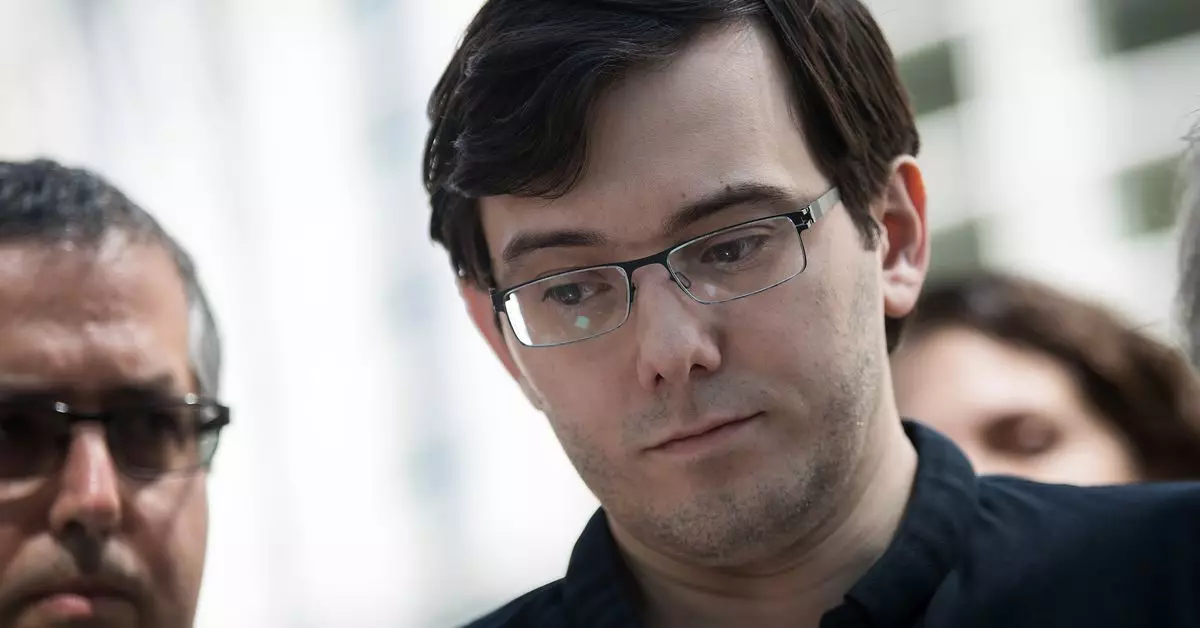The ongoing legal battle surrounding former pharmaceutical executive Martin Shkreli and his ownership of The Wu-Tang Clan’s Once Upon a Time in Shaolin album has taken an interesting turn. The latest development involves a preliminary injunction issued by federal Judge Pamela Chen, requiring Shkreli to turn over his copies of the album to comply with the court order.
Judge Pamela Chen’s preliminary injunction outlines three main points to be followed by Shkreli. Firstly, he is enjoined from possessing, using, disseminating, or selling any interests in the album, including its data and files. Secondly, he must provide an inventory and accounting of the copies of the album he has retained and the individuals to whom he has distributed the data and files, along with any revenue generated. Lastly, Shkreli is ordered to turn over all recordings of the album’s contents to his counsel.
The court has set deadlines for Shkreli to meet in order to comply with the preliminary injunction. By August 30, 2024, he must file an affidavit confirming that he has turned over all copies of the album and its contents to his defense counsel. Additionally, his defense counsel must confirm possession of the copies. By September 30, 2024, Shkreli must file an accounting identifying all known copies of the album, whether they were distributed, and any financial benefits derived from their distribution.
This is not the first legal action taken against Martin Shkreli regarding the Wu-Tang Clan album. Judge Chen previously issued a restraining order in June, prohibiting Shkreli from distributing the album and requiring him to appear in court to explain why he should not be forced to give up all of his copies.
Implications
The legal battle over Martin Shkreli’s ownership of The Wu-Tang Clan’s Once Upon a Time in Shaolin album raises important questions about intellectual property rights and the obligations of ownership. The involvement of an NFT collective like PleasrDAO adds a unique layer to the case, highlighting the intersection of traditional ownership with emerging technologies.
As the legal proceedings continue, it remains to be seen how Martin Shkreli will respond to the court’s injunction and whether he will ultimately be required to relinquish his copies of the album. The case serves as a cautionary tale about the consequences of improper retention of intellectual property and the importance of complying with court orders.

